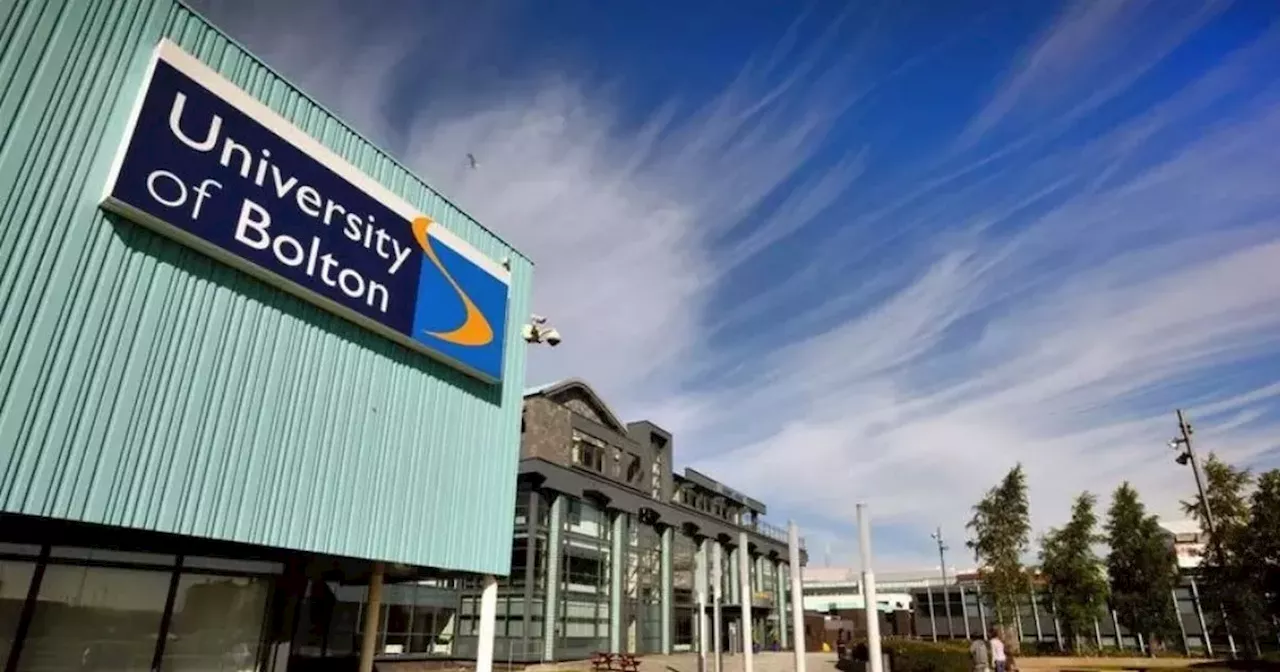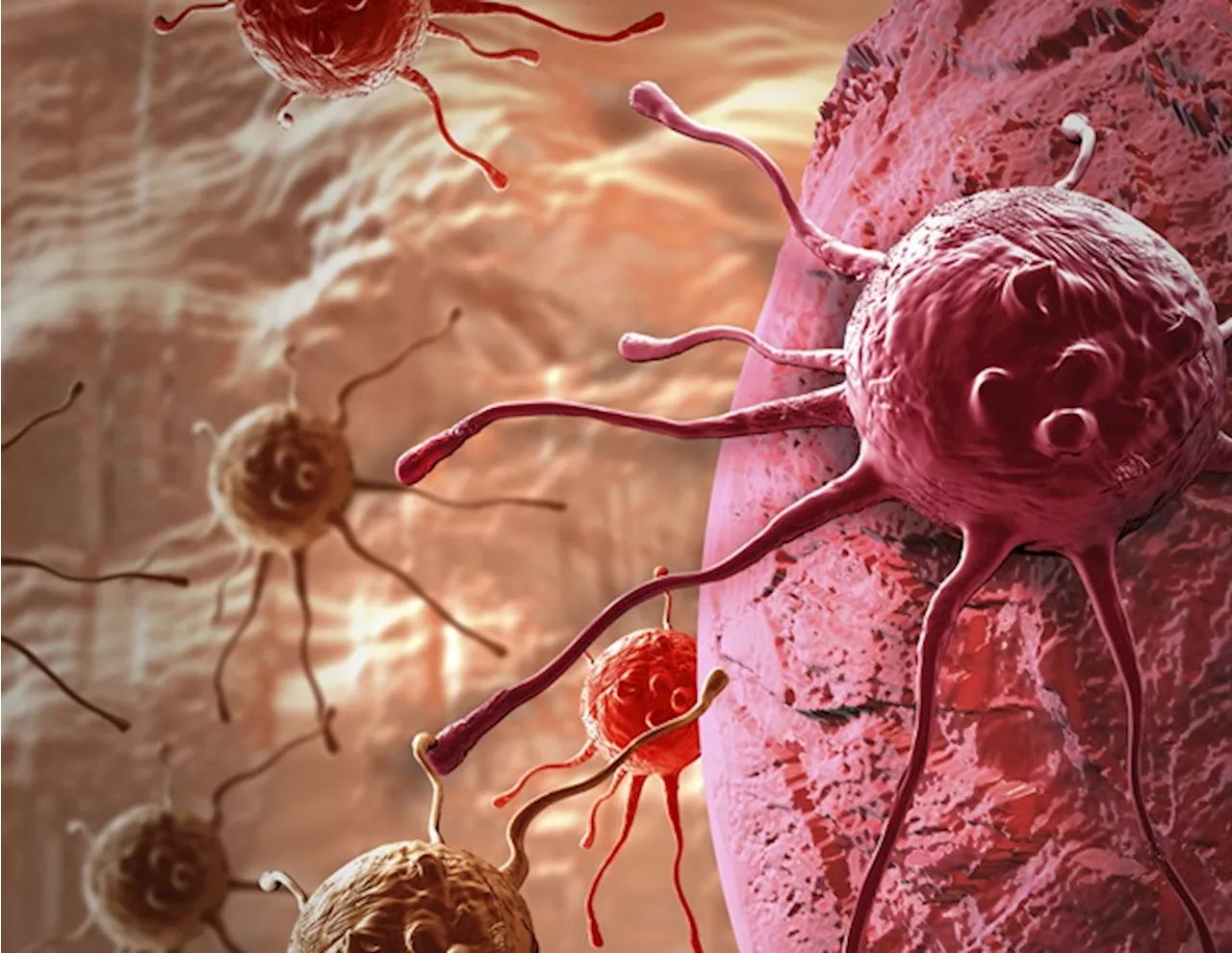Minovacca, a new startup company founded by researchers at the University of Nebraska-Lincoln, aims to revolutionize therapeutic delivery using natural nanoparticles found in milk. The technology utilizes bioorthogonal chemistry to precisely target therapeutics, gene editing tools, and plasmids to specific locations in the human body, minimizing off-target effects and enhancing treatment efficacy.
Two researchers from the University of Nebraska-Lincoln have launched a startup company called Minovacca, dedicated to revolutionizing therapeutic delivery. Minovacca leverages the power of universal milk exosomes, natural nanoparticles found in milk, to transport various cargo, including therapeutics, gene editing tools, and plasmids, directly to targeted locations within the human body.
This groundbreaking technology relies on bioorthogonal chemistry techniques to achieve precise target-specific delivery. By chemically and genetically engineering the exosomes, the researchers can direct them to specific cells or tissues, minimizing off-target effects and enhancing therapeutic efficacy. The versatility of this approach holds immense promise for treating a wide range of diseases, from common ailments to rare genetic conditions. Minovacca's development stems from years of research at the University of Nebraska–Lincoln, initially proving the safety and viability of milk exosomes as transport mechanisms. Subsequent research integrated genetic engineering and bioorthogonal chemistry, enabling targeted delivery. Funding from various sources, including the U.S. Department of Agriculture, the National Institutes of Health, and the Syngap Research Fund, played a crucial role in advancing this research. Minovacca is actively seeking to license its technology through NUtech Ventures, the university's commercialization affiliate. The company has secured office space at Nebraska Innovation Campus and anticipates expansion as it identifies investors. Minovacca plans to create job opportunities for Husker students in the pharmaceutical sector, ultimately aiming to submit an Investigational New Drug Application to the U.S. Food and Drug Administration. This application signifies a significant step towards clinical trials and the potential for bringing this innovative therapeutic delivery system to patients
MILK EXOSOMES THERAPEUTIC DELIVERY GENE EDITING BIOORTHOGONAL CHEMISTRY RARE DISEASES DRUG DELIVERY SYSTEMS
United Kingdom Latest News, United Kingdom Headlines
Similar News:You can also read news stories similar to this one that we have collected from other news sources.
 Tel Aviv University Researchers Develop Nanoparticle Platform for Targeted Cancer Drug DeliveryA groundbreaking platform developed by researchers at Tel Aviv University utilizes polymeric nanoparticles to deliver paired drugs directly to specific cancer types, maximizing therapeutic effects while minimizing harm to healthy tissues.
Tel Aviv University Researchers Develop Nanoparticle Platform for Targeted Cancer Drug DeliveryA groundbreaking platform developed by researchers at Tel Aviv University utilizes polymeric nanoparticles to deliver paired drugs directly to specific cancer types, maximizing therapeutic effects while minimizing harm to healthy tissues.
Read more »
 University of Toronto Researchers Develop Revolutionary Platform for Studying Protein InteractionsA team at the University of Toronto has created SIMPL2, a platform that significantly improves the measurement accuracy and simplifies the detection of protein-protein interactions. This breakthrough has the potential to revolutionize the study of diseases and accelerate the development of targeted drug therapies.
University of Toronto Researchers Develop Revolutionary Platform for Studying Protein InteractionsA team at the University of Toronto has created SIMPL2, a platform that significantly improves the measurement accuracy and simplifies the detection of protein-protein interactions. This breakthrough has the potential to revolutionize the study of diseases and accelerate the development of targeted drug therapies.
Read more »
 Nasal Swab Test for Asthma Endotype Diagnosis Developed by University of Pittsburgh ResearchersA groundbreaking nasal swab test developed by University of Pittsburgh researchers promises to revolutionize asthma diagnosis in children. This non-invasive test accurately identifies specific asthma subtypes (endotypes), enabling clinicians to prescribe more targeted medications and paving the way for research into better treatments for lesser-studied asthma types.
Nasal Swab Test for Asthma Endotype Diagnosis Developed by University of Pittsburgh ResearchersA groundbreaking nasal swab test developed by University of Pittsburgh researchers promises to revolutionize asthma diagnosis in children. This non-invasive test accurately identifies specific asthma subtypes (endotypes), enabling clinicians to prescribe more targeted medications and paving the way for research into better treatments for lesser-studied asthma types.
Read more »
 University of Bolton Drops Town Name, Becomes University of Greater ManchesterThe University of Bolton has officially changed its name to The University of Greater Manchester, reflecting its expanded presence and influence across the region. The decision, while facing initial opposition from local councils and The University of Manchester, was approved by the Office for Students (OfS). The university maintains its commitment to the Bolton community despite the name change.
University of Bolton Drops Town Name, Becomes University of Greater ManchesterThe University of Bolton has officially changed its name to The University of Greater Manchester, reflecting its expanded presence and influence across the region. The decision, while facing initial opposition from local councils and The University of Manchester, was approved by the Office for Students (OfS). The university maintains its commitment to the Bolton community despite the name change.
Read more »
 University of Bolton Officially Changes Name to University of Greater ManchesterThe University of Bolton has officially changed its name to The University of Greater Manchester, reflecting its broader reach and impact across the region. The change, announced by Vice Chancellor Professor George E. Holmes, has been met with mixed reactions, with some expressing concerns about confusion and the loss of Bolton's identity.
University of Bolton Officially Changes Name to University of Greater ManchesterThe University of Bolton has officially changed its name to The University of Greater Manchester, reflecting its broader reach and impact across the region. The change, announced by Vice Chancellor Professor George E. Holmes, has been met with mixed reactions, with some expressing concerns about confusion and the loss of Bolton's identity.
Read more »
 Korea University and Yale University Advance Healthcare Through AI and Data InnovationsKorea University College of Medicine hosted a forum focused on the advancements in healthcare through AI and data innovations in clinical informatics and natural language processing. The forum, part of Korea University's 120th-anniversary celebration, featured experts from Yale University and Korea University, sharing research trends and fostering academic exchange.
Korea University and Yale University Advance Healthcare Through AI and Data InnovationsKorea University College of Medicine hosted a forum focused on the advancements in healthcare through AI and data innovations in clinical informatics and natural language processing. The forum, part of Korea University's 120th-anniversary celebration, featured experts from Yale University and Korea University, sharing research trends and fostering academic exchange.
Read more »
